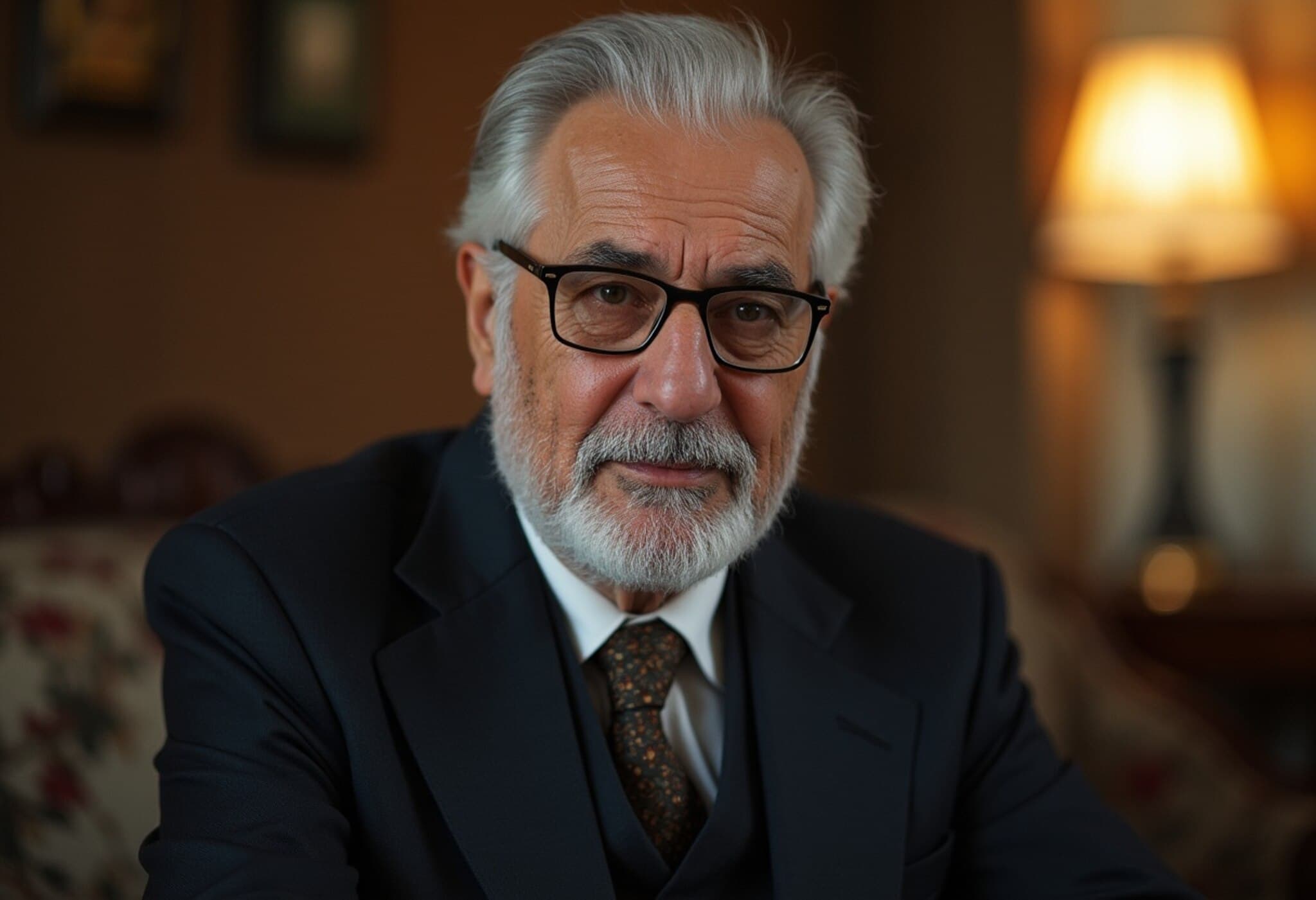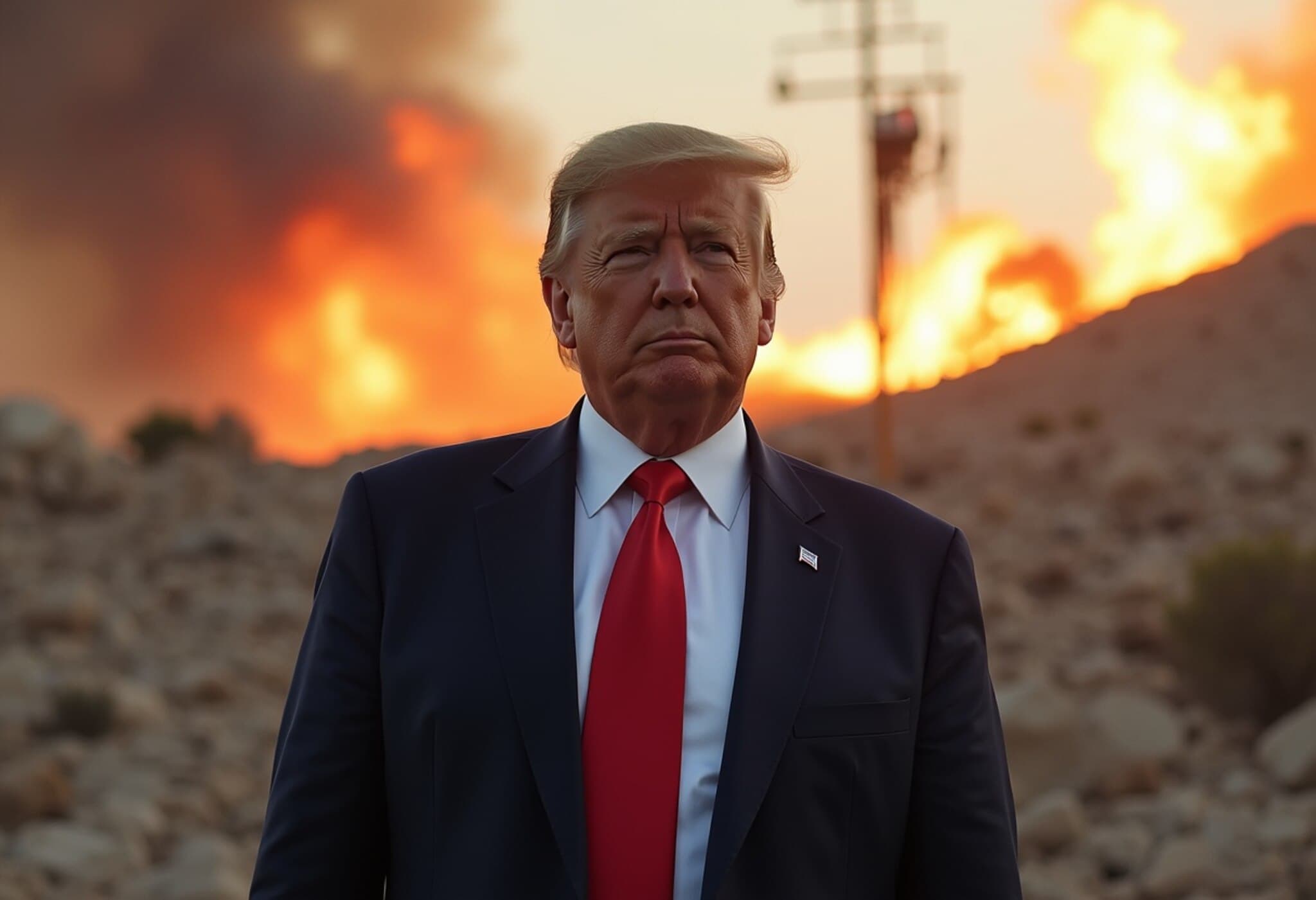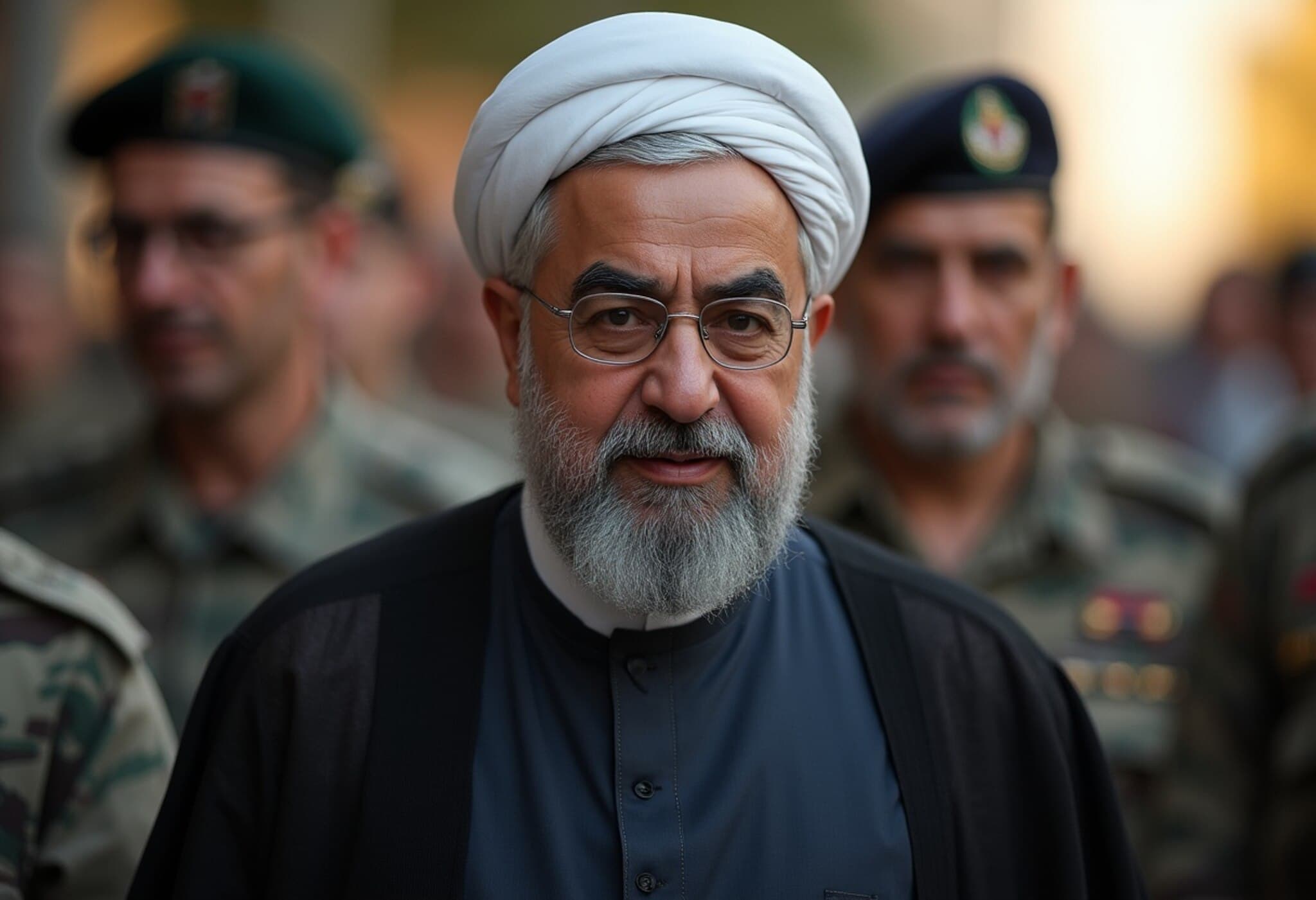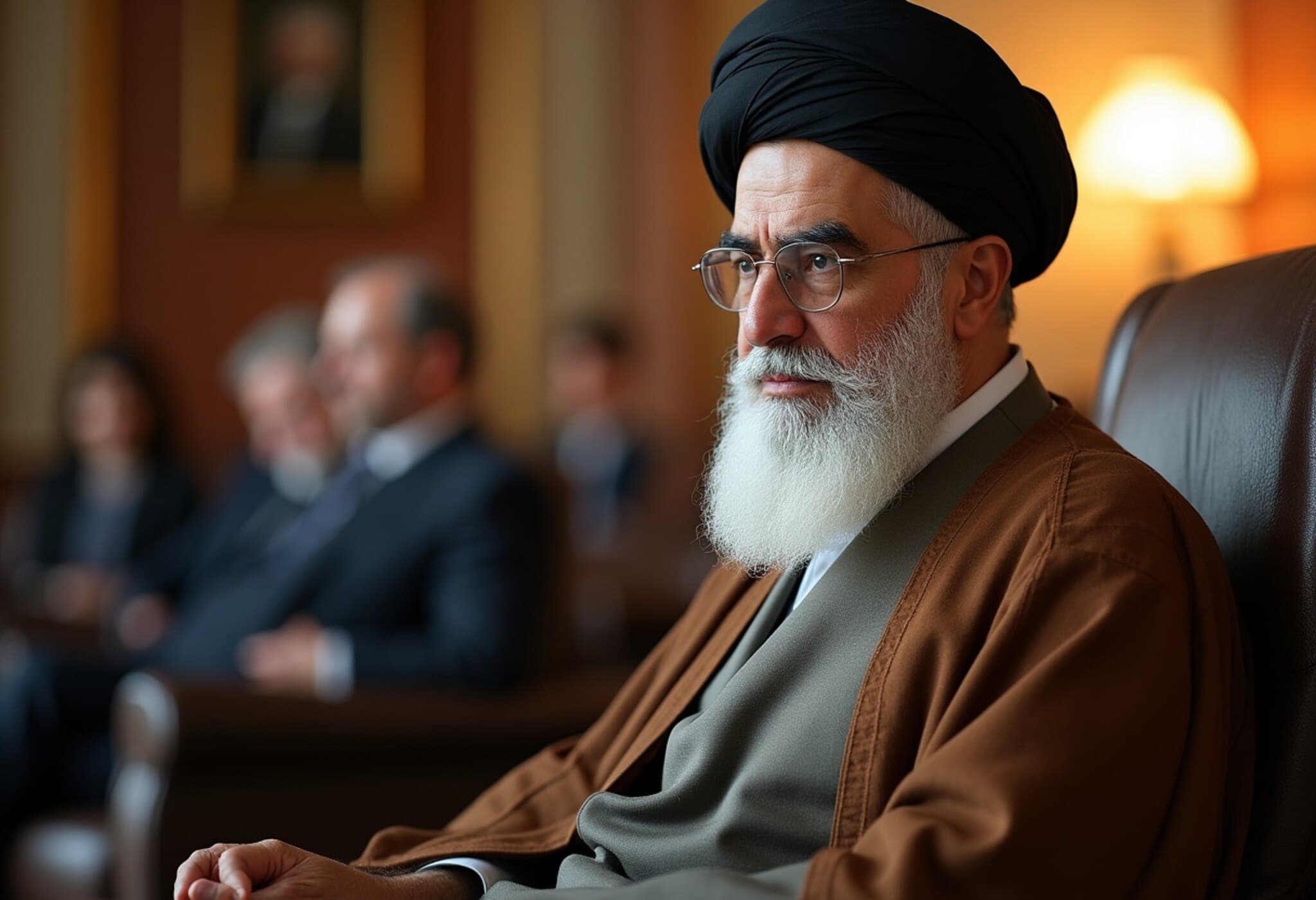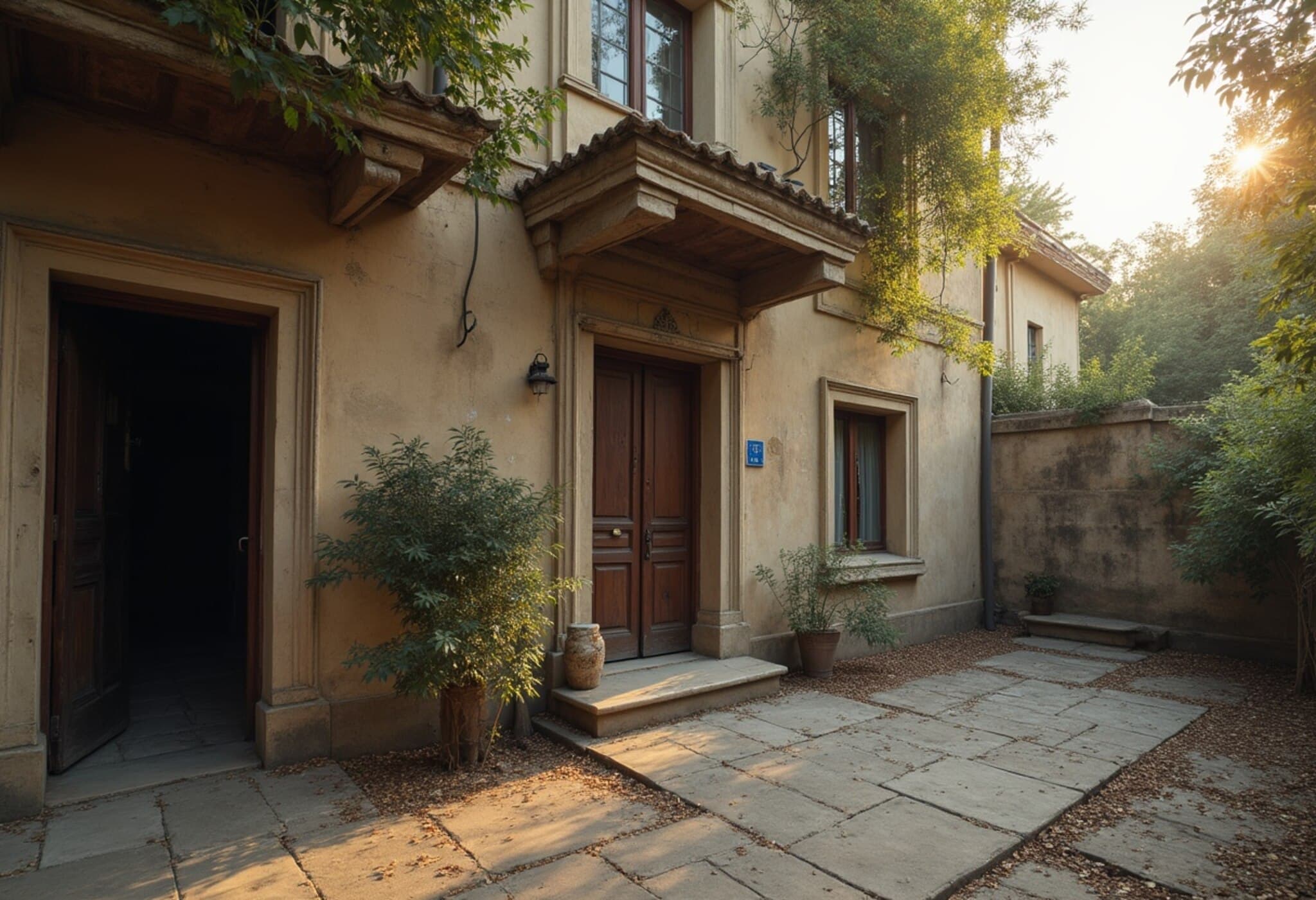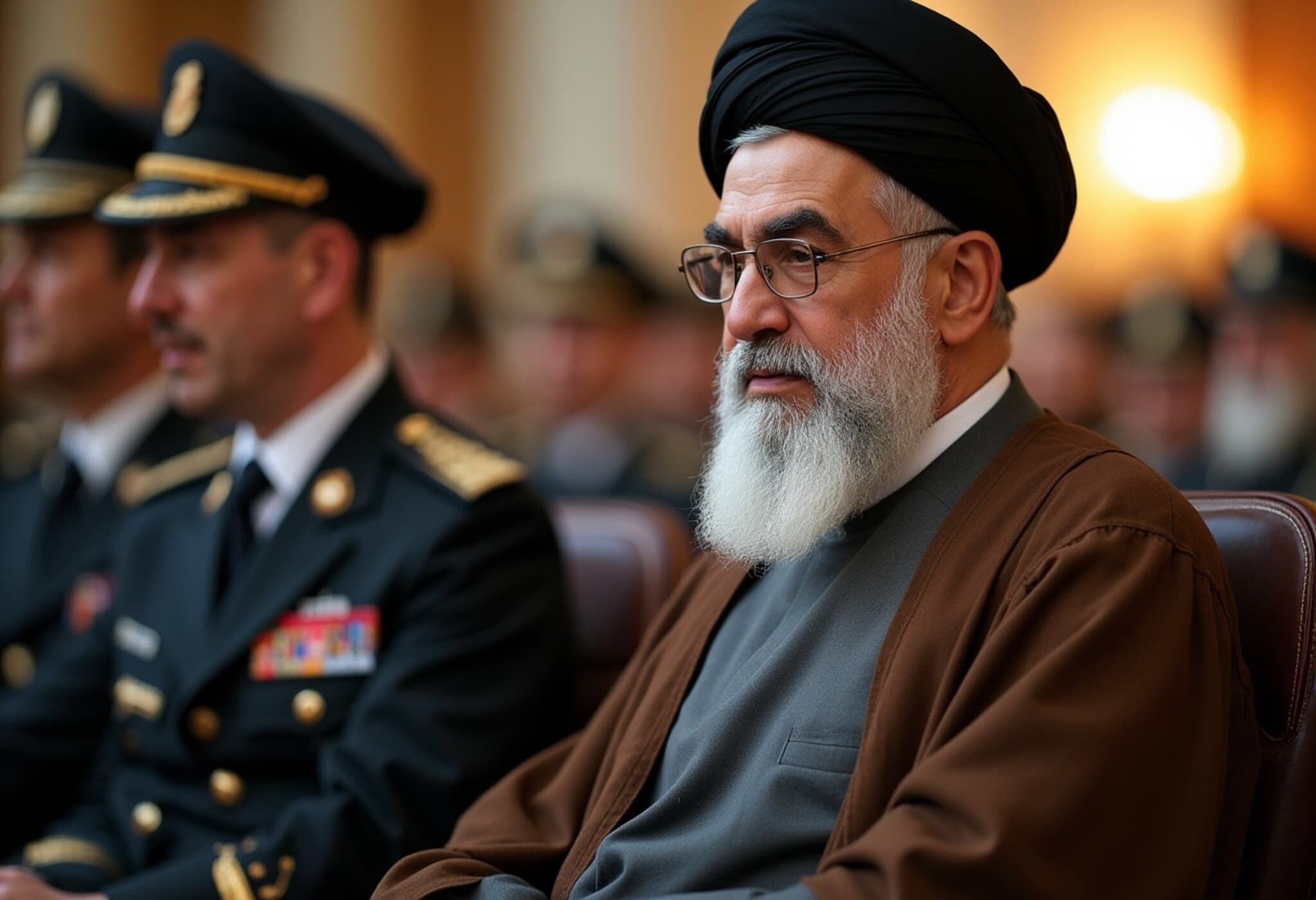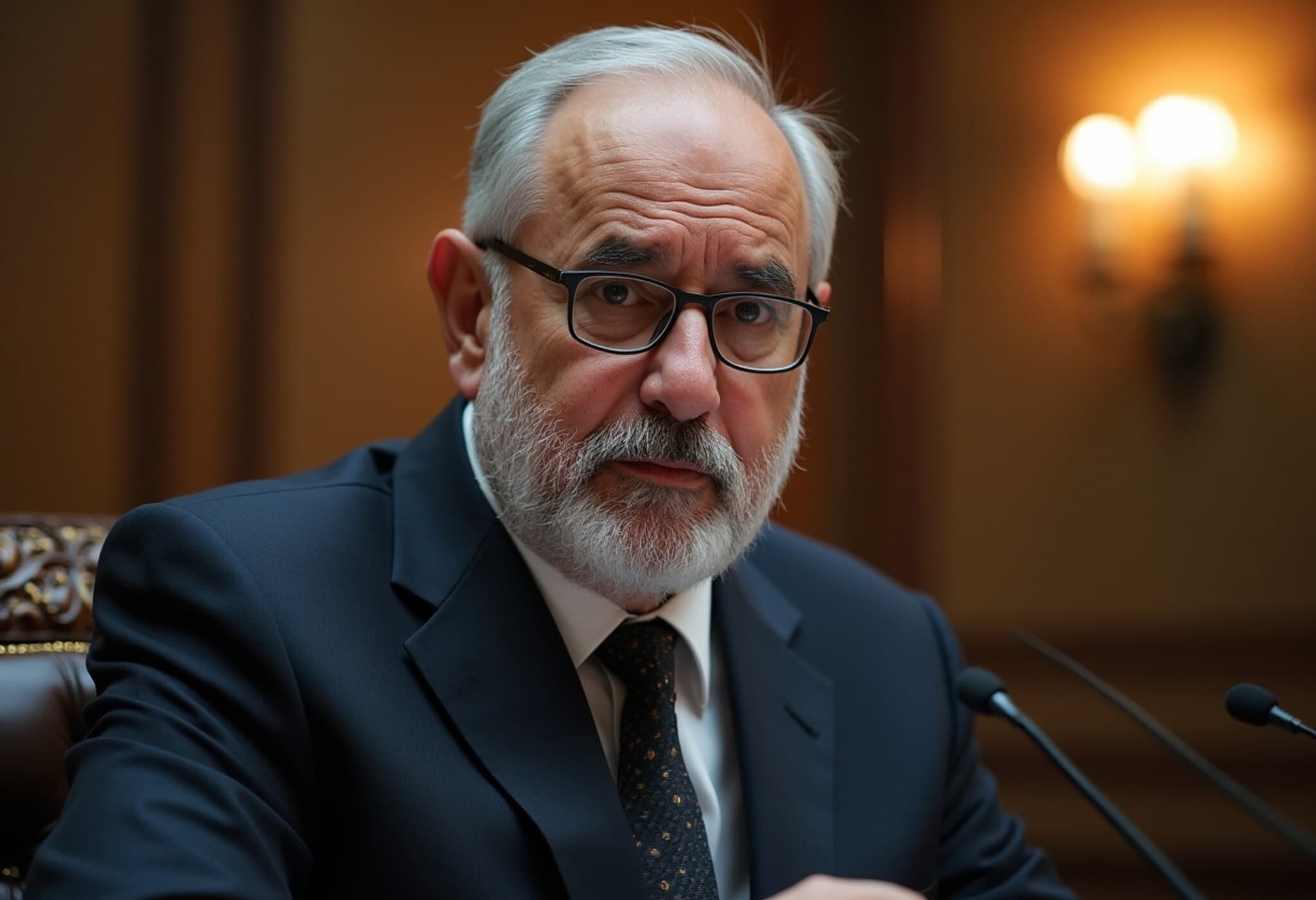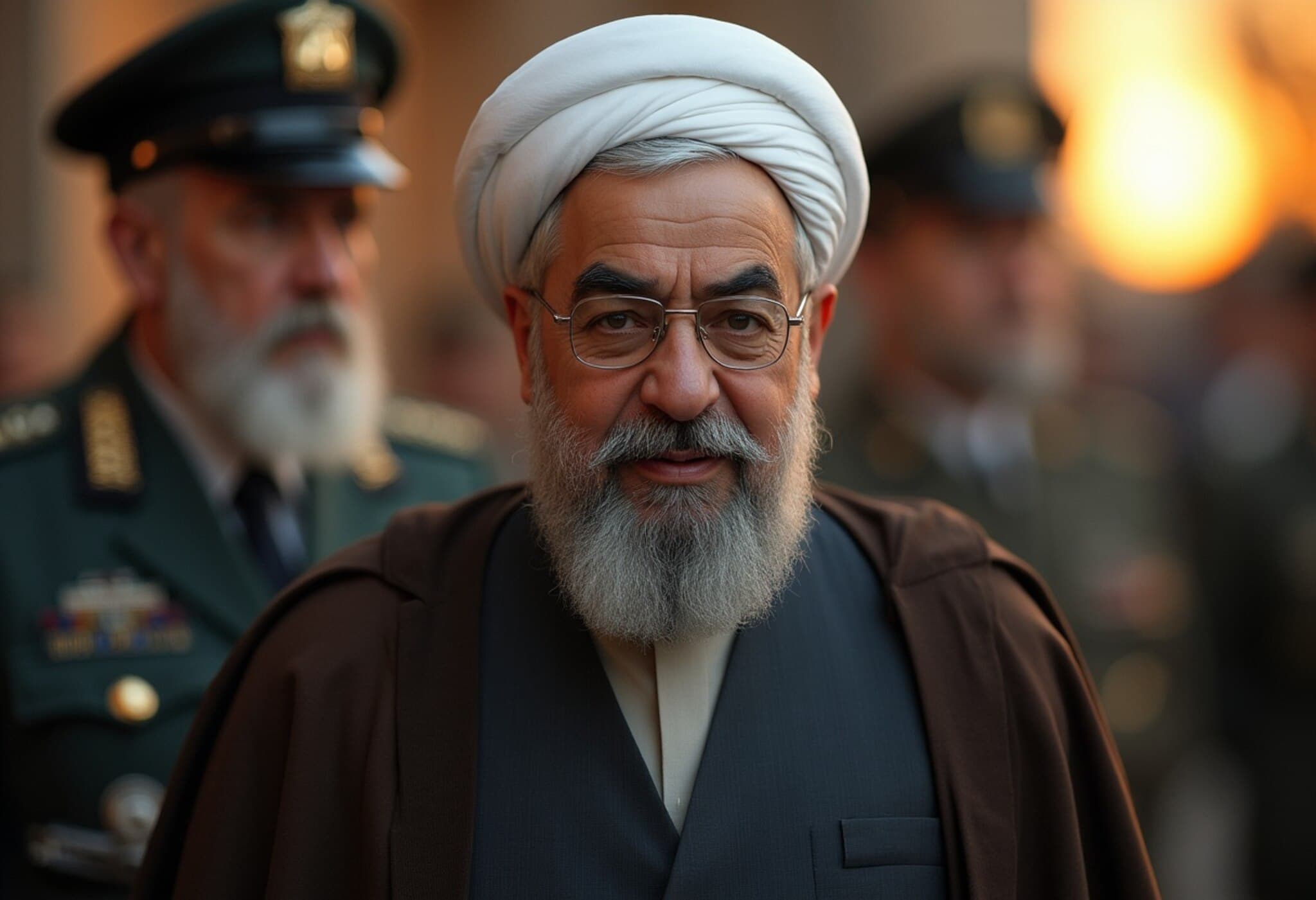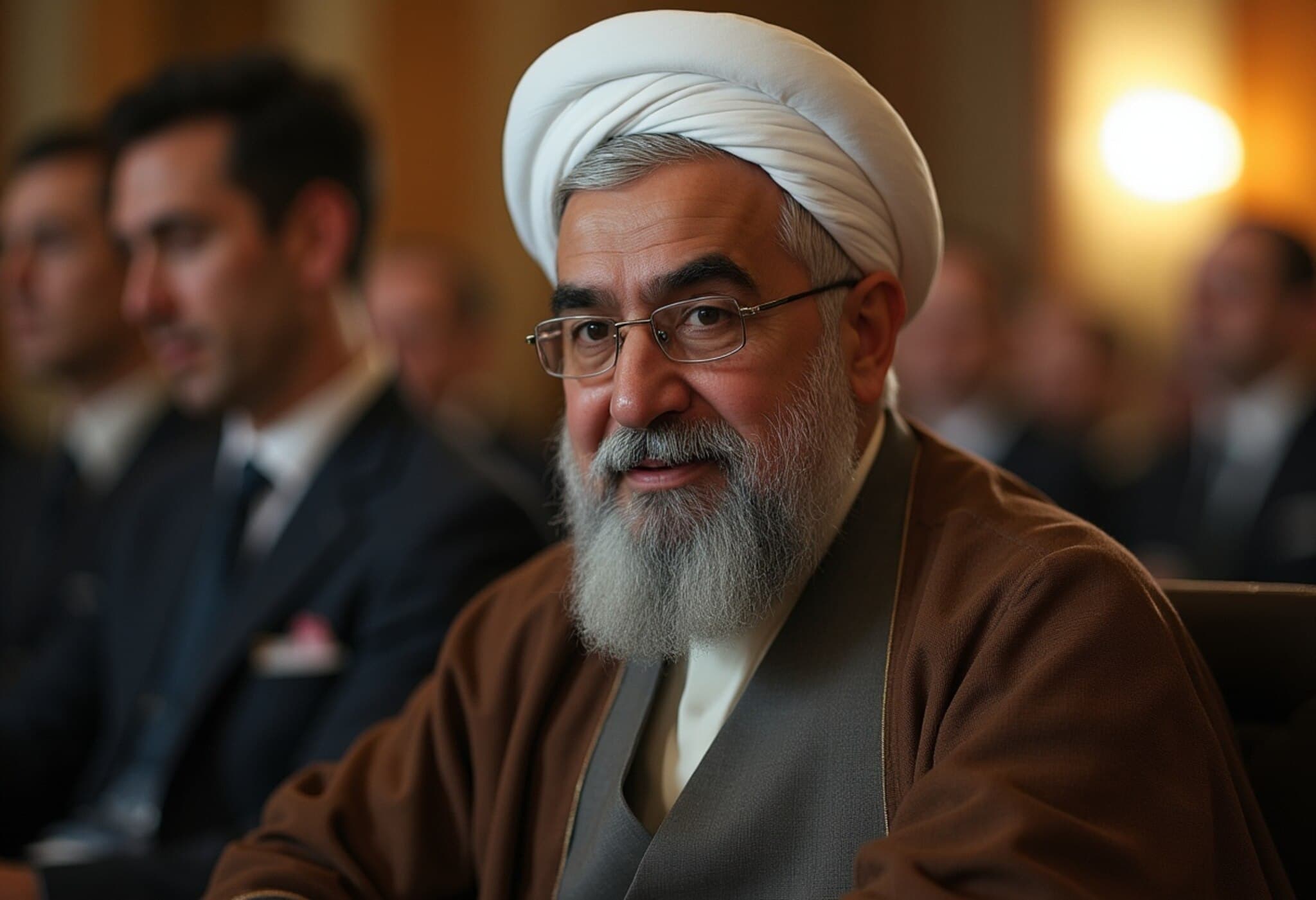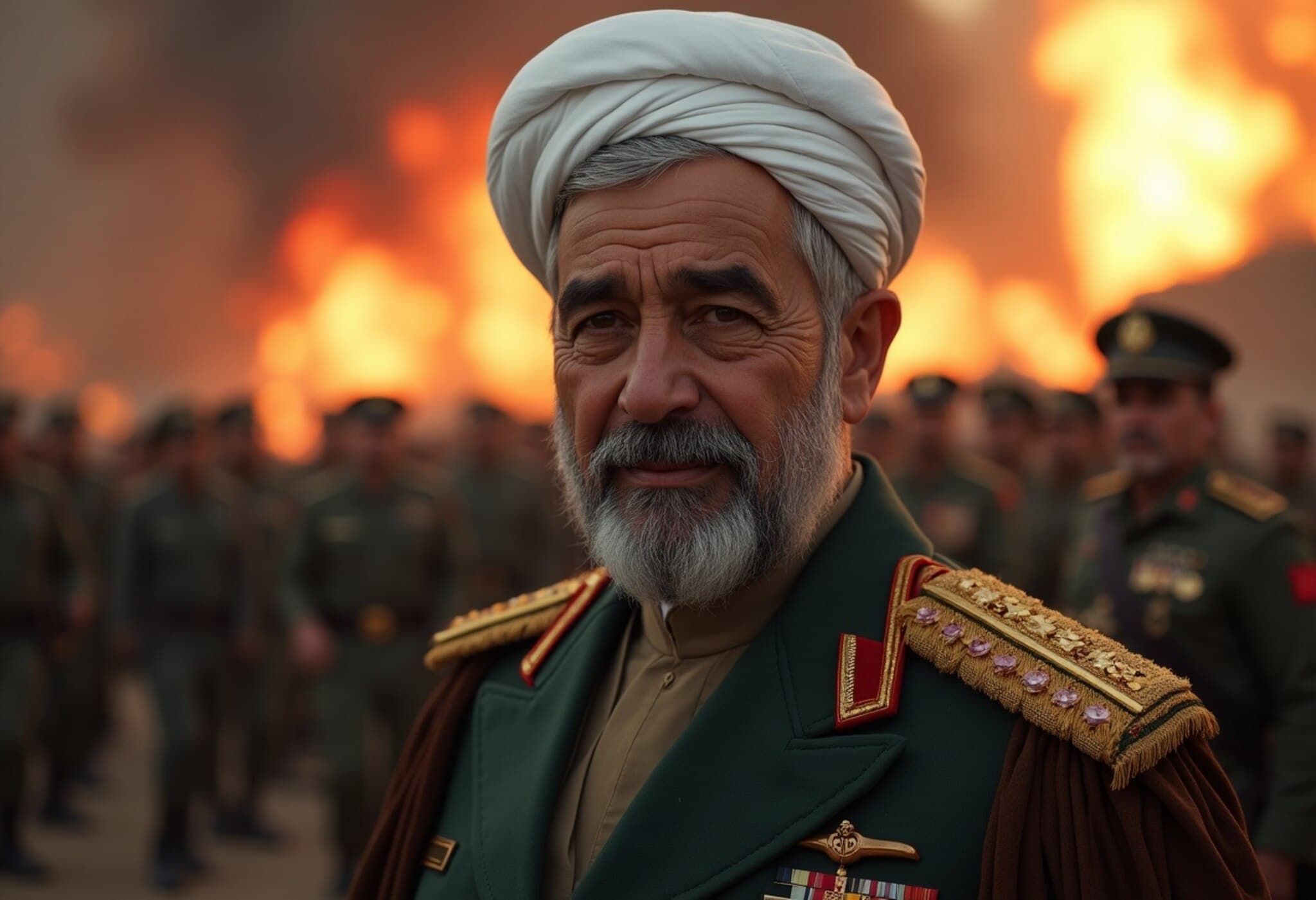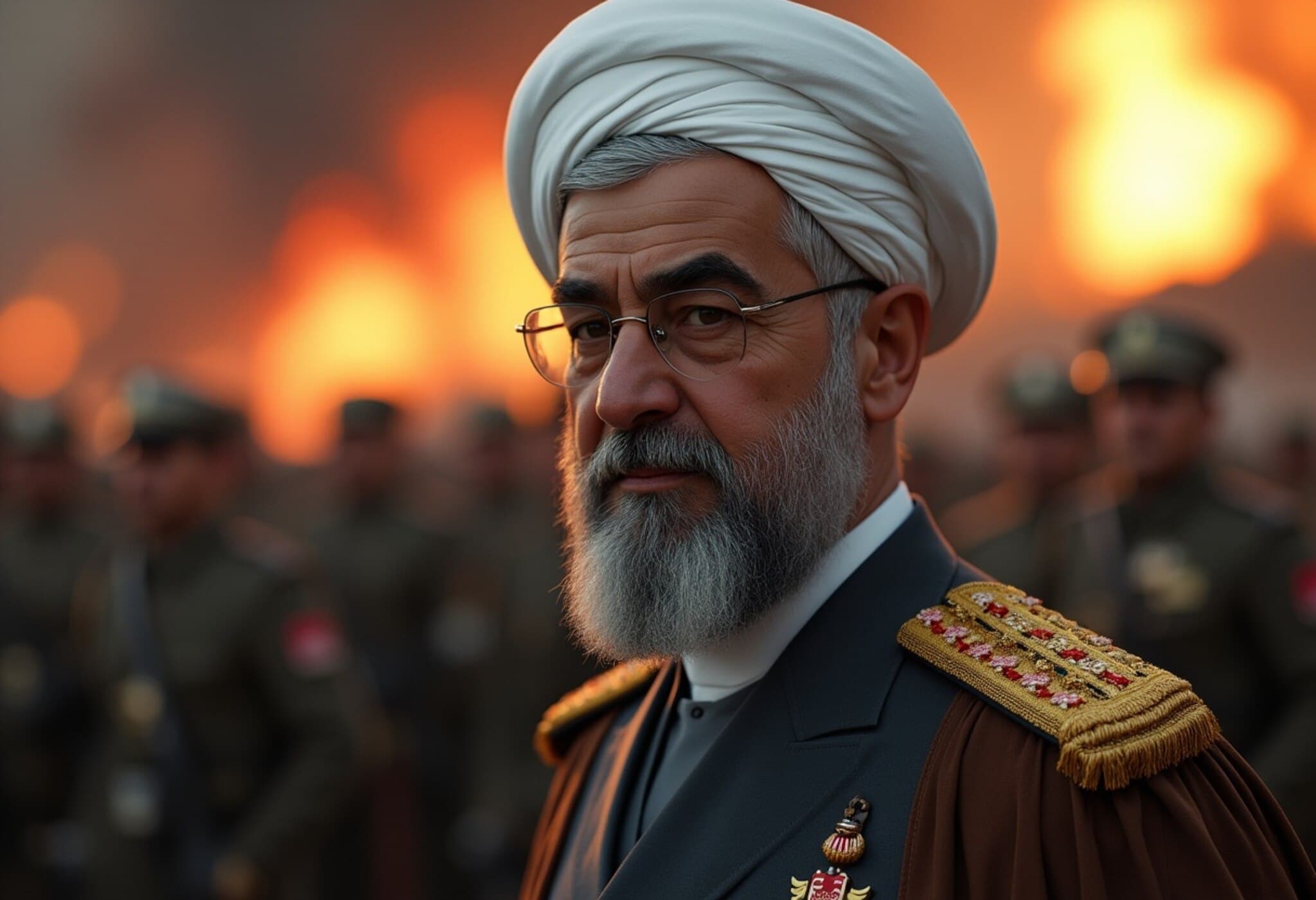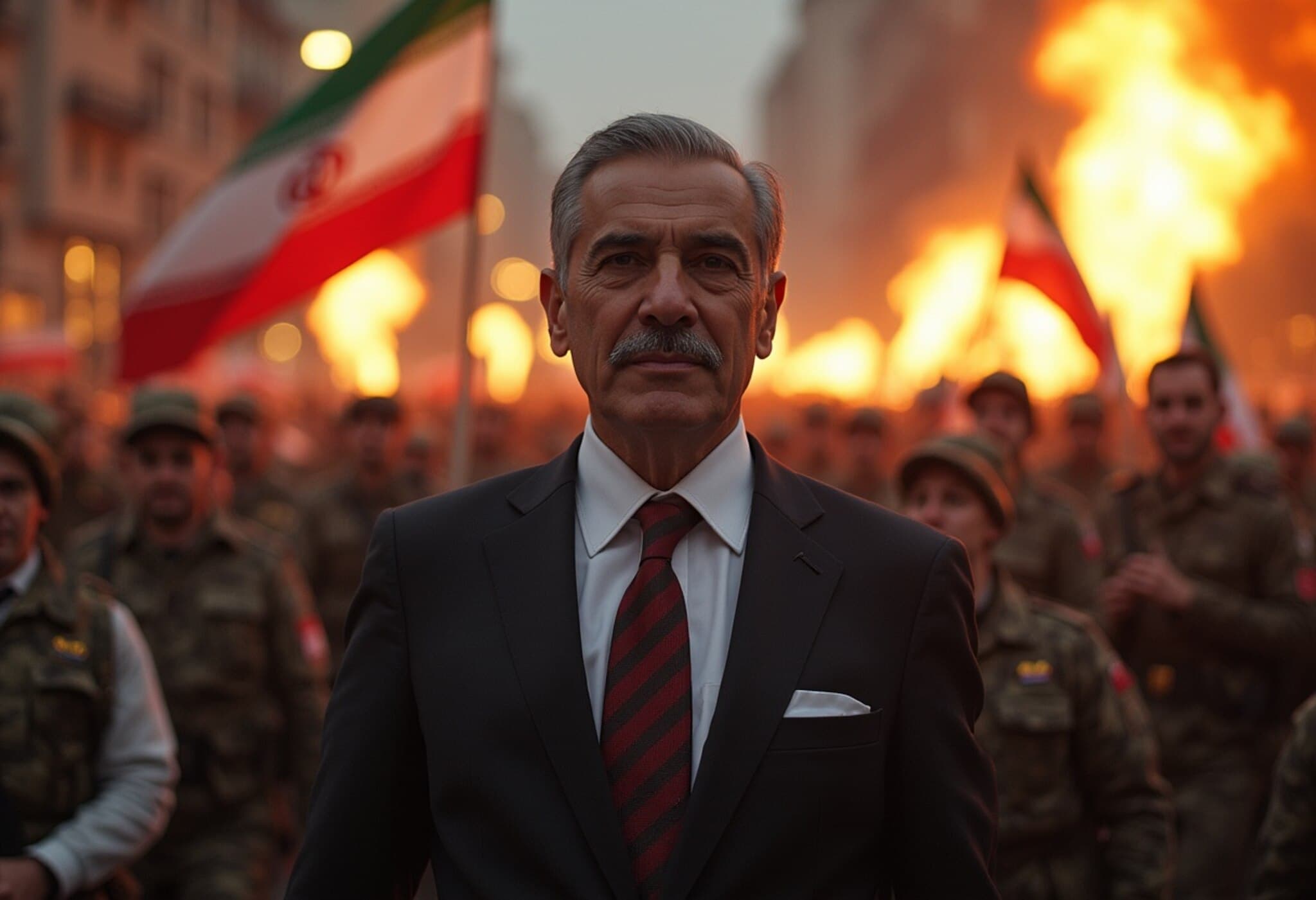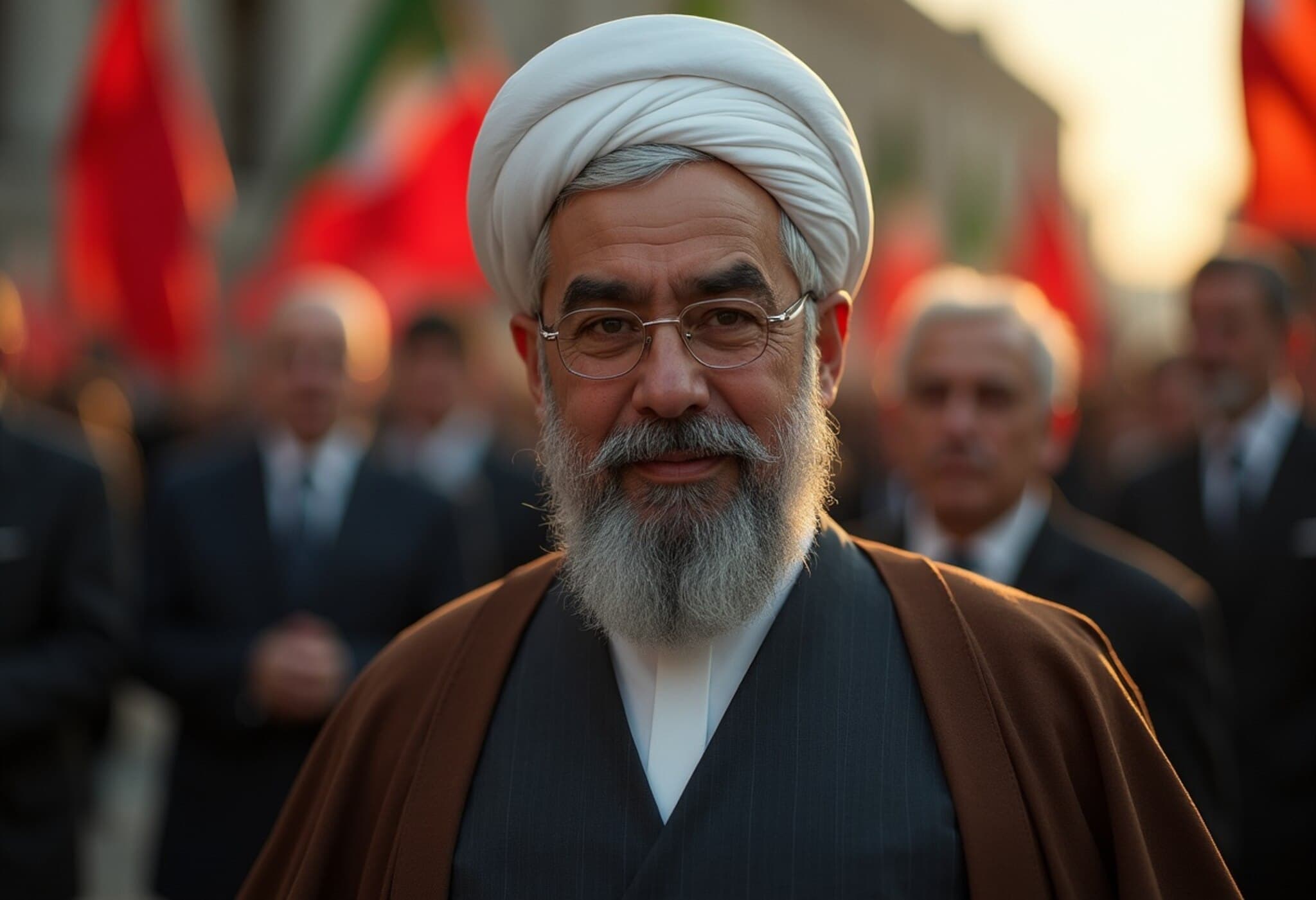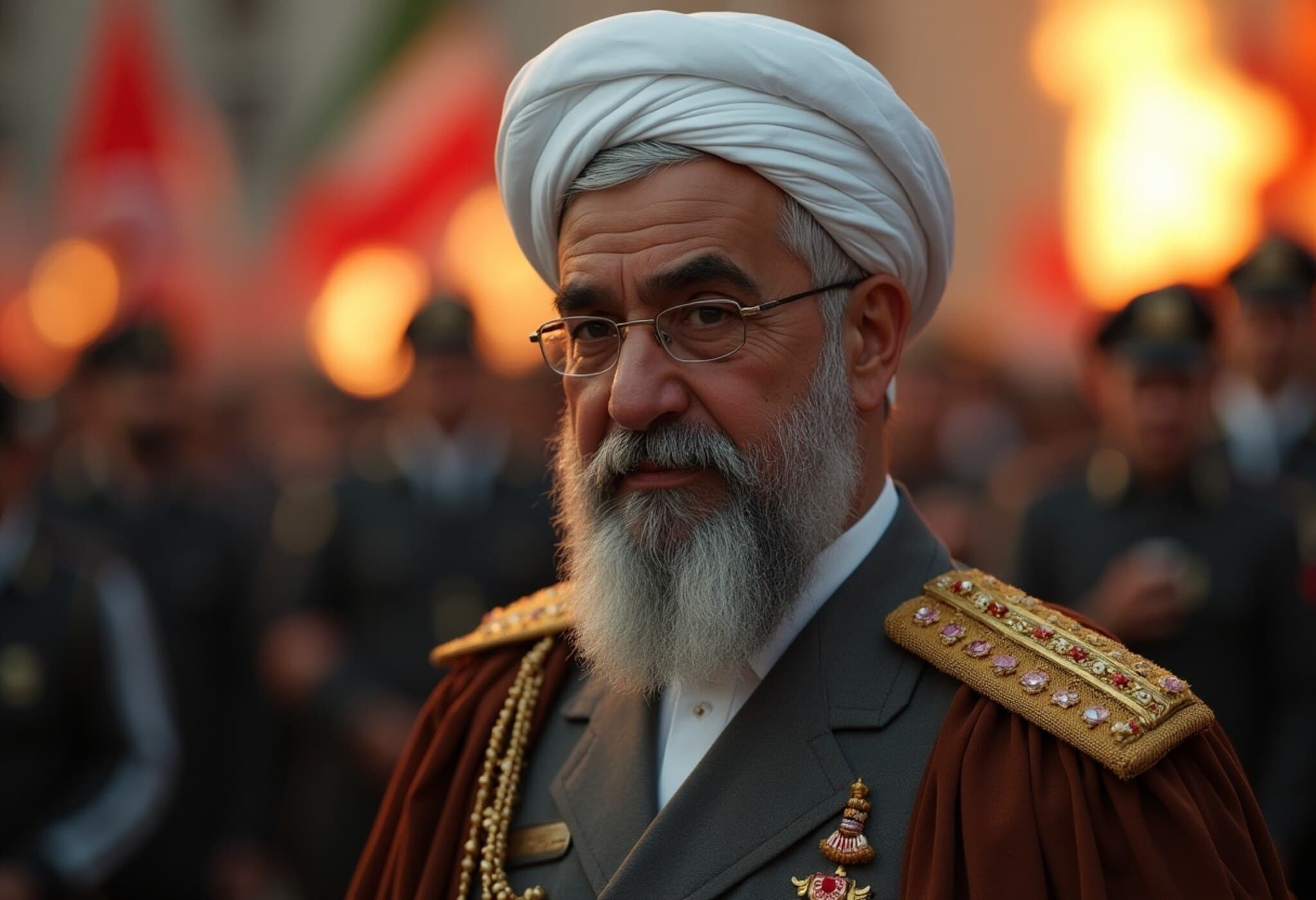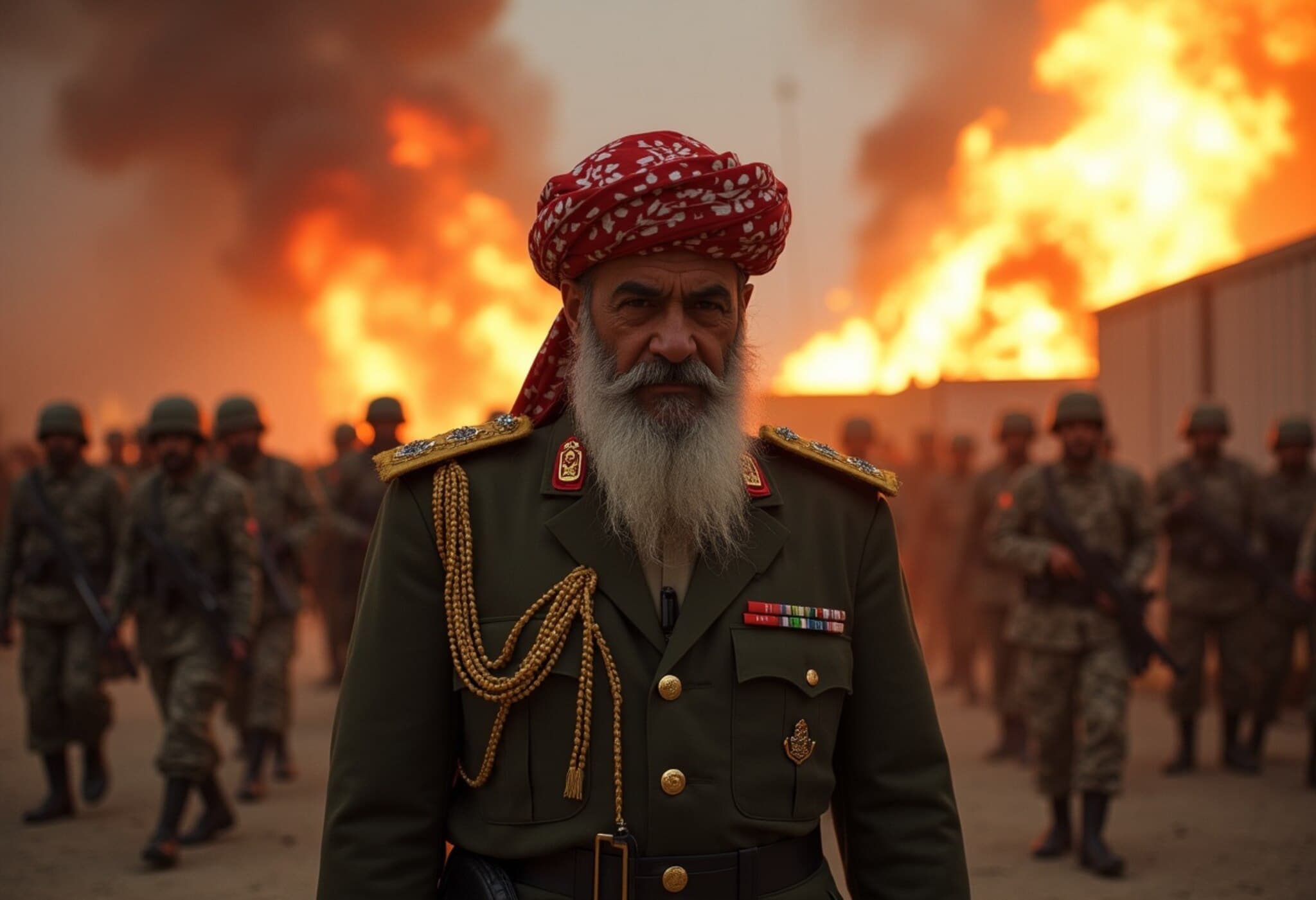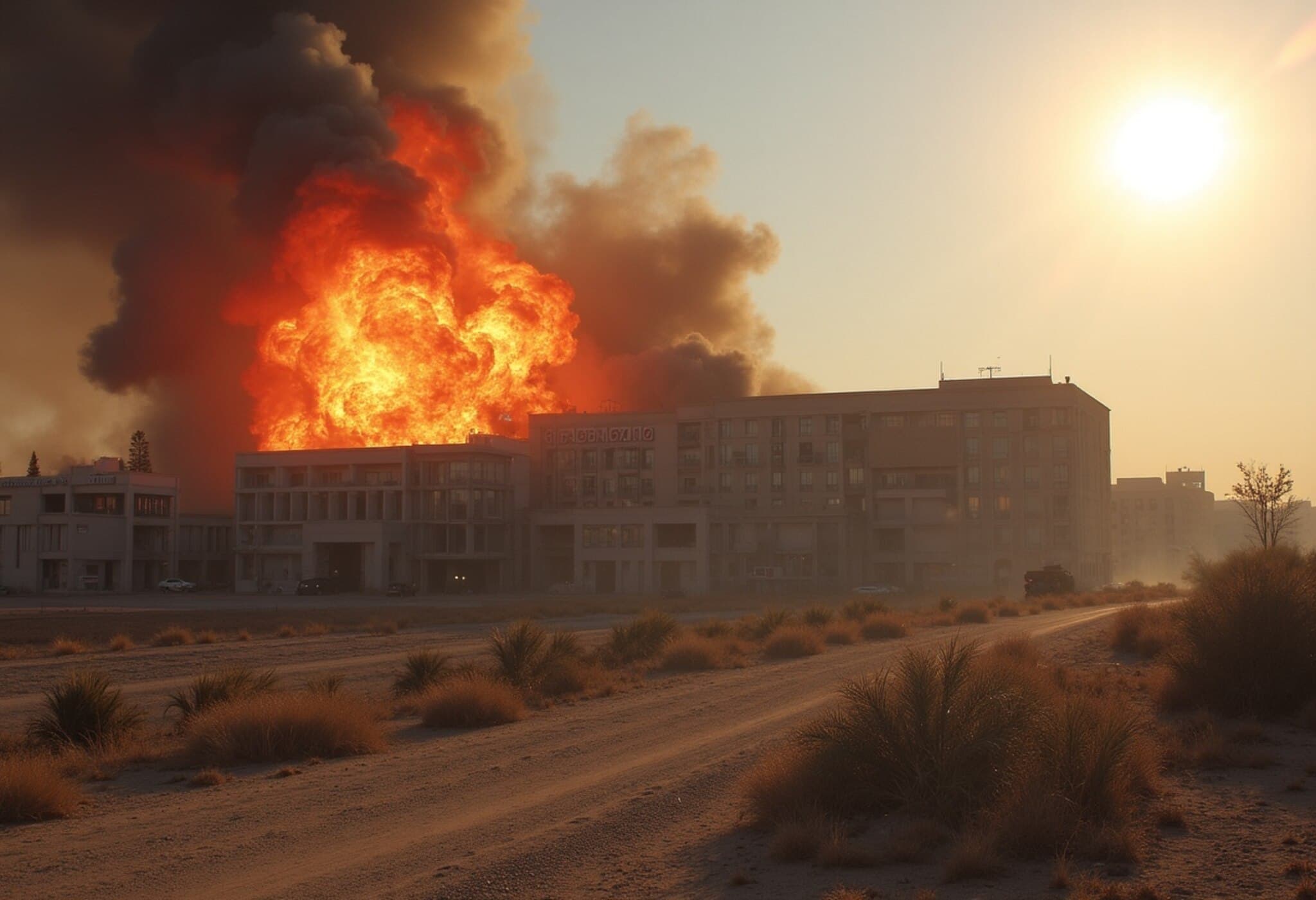Reza Pahlavi: The Eldest Son of Iran's Last Shah
Reza Pahlavi, the eldest son of Mohammad Reza Pahlavi—the last Shah of Iran—has emerged as a prominent voice calling for a transformation in Iran’s political landscape. Born in Tehran on October 31, 1960, Pahlavi was raised within the royal palace, receiving an exclusive education tailored to the imperial family. Early on, he pursued pilot training, completing his first solo flight at the tender age of 11.
From Royal Roots to Exile
At 17, Reza left Iran to continue his military and pilot training in the United States. He initially enrolled at Williams College in 1979 but left after one year, later attending the American University in Cairo and studying privately with Iranian scholars before earning a political science degree from the University of Southern California in 1985.
The 1979 Islamic Revolution abruptly ended the Pahlavi monarchy, forcing Reza and his family into exile due to their pro-Western stance. Since then, he has resided primarily in the US but has maintained a symbolic presence among Iranians in the diaspora and reform advocates within Iran.
Championing a Democratic and Secular Iran
Though Reza Pahlavi holds no official authority within Iran today, he frequently voices hope for the Iranian people's self-determination. He insists, "The Islamic Republic has come to its end and is collapsing," emphasizing that "the future is bright, and together we will turn the page of history." His calls center on establishing a democratic, secular government through free and fair elections.
His renewed activism comes against the backdrop of escalating tensions, with reports highlighting direct threats to Iran's Supreme Leader from international actors. In response, Pahlavi advocates mobilizing grassroots networks domestically and rallying support globally, including pressuring G20 nations to back political reform in Iran.
Personal Life and Literary Contributions
Reza Pahlavi is married to Yasmine Etemad-Amini, and the couple has three daughters: Noor, Iman, and Farah. Beyond activism, he has penned three notable works exploring Iran’s future and political challenges:
- Gozashteh va Ayandeh (2000)
- Winds of Change: The Future of Democracy in Iran (2002)
- I_RAN: L'Heure du Choix [IRAN: The Deciding Hour] (2009)
The Road Ahead
Speaking at the Geneva Human Rights Meeting in February, Reza outlined strategies to ignite change, including fostering grassroots activism within Iran and uniting the global Iranian community. As tensions simmer and hopes for political renewal grow, Pahlavi remains a key figure symbolizing a call for a new chapter in Iran’s history.

